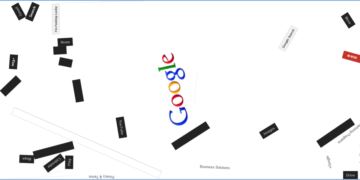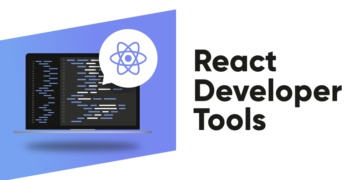Contemporary society is fraught with anxiety, impacting individuals from diverse backgrounds and lifestyles. Anxiety can have devastating effects on well-being, diminishing quality of life and diminishing overall happiness. It may stem from workplace pressures, interpersonal relationship dynamics or life hurdles; whatever its source. As it happens, various proven techniques exist that can effectively manage and alleviate anxiety-based discomfort. We will explore eight methodologies of anxiety reduction here in this comprehensive guide. Additionally, we will explore available treatment alternatives and provide an in-depth investigation of the best psychologists in India, providing valuable insights into expert support services available for those trying to address and manage anxiety effectively.
1. Mindfulness Meditation:
Mindfulness meditation has gained widespread recognition for its ability to reduce anxiety. This practice involves being fully present in each moment while focusing on your breath and observing your thoughts without judgment, with regular practice having shown to lower stress levels, promote emotional regulation and promote feelings of calmness – making mindfulness part of daily life can be an excellent first step toward managing anxiety effectively.
2. Deep Breathing Exercises
These are simple yet effective tools for combatting anxiety. By taking controlled, deep breaths in order to activate your body’s relaxation response and lower its symptoms of anxiety. Methods such as diaphragmatic breathing or box breathing can easily fit into daily life routines for instantaneous relief during times of increased stress.
3. Regular Exercise:
Physical activity is vitally important in both maintaining overall health and managing anxiety effectively. Exercising regularly releases endorphins – your body’s natural mood enhancers – as well as decreasing levels of stress hormones; finding an exercise program tailored specifically to you could be an effective long-term strategy to decrease anxiety levels.
4. Cognitive Behavioral Therapy (CBT):
CBT is a widely recognized and evidence-based form of psychotherapy that targets thought patterns and behaviors contributing to anxiety. Working with a qualified psychologist trained in CBT can assist individuals in recognizing negative thought patterns, developing effective coping mechanisms, and gradually alleviating anxiety symptoms. CBT provides individuals with practical tools for effectively managing anxiety across all aspects of their life.
5. Journaling:
Expressive writing can be an excellent therapeutic outlet for individuals suffering from anxiety. Writing down thoughts and emotions helps individuals identify triggers, patterns in mental state, self-reflection opportunities and tangible records of progress made over time. Journaling can also serve as a therapeutic act itself, helping individuals process complex emotions more easily through writing them down on paper.
6. Social Support:
Forming strong support networks is integral in managing anxiety. Speaking to friends, family or a trusted confidant about feelings can provide emotional validation and perspective; consulting the best psychologists in India may offer additional specialized guidance and therapeutic interventions that may reduce symptoms. Social connections also serve as a buffer against stress and anxiety, creating a sense of belonging and security among its members.
7. Adequate Sleep:
Anxiety can have an adverse impact on both mind and body. Stressful experiences may disrupt restful slumber, while insufficient rest worsens anxiety symptoms. Establishing a regular sleeping pattern, providing a comfortable environment, and practicing relaxation techniques prior to bedtime are essential to improving the quality of restful slumber – and prioritizing sufficient rest as an integral component of anxiety treatment, since it directly benefits mental and physical well-being.
8. Mind-Body Practices:
Integrating mind-body exercises such as yoga or tai chi into your routine may help reduce anxiety. These practices combine physical postures with breath control and meditation for a harmonious connection between body and mind. Studies have also shown these practices to reduce stress hormones, improve emotional well-being and strengthen resilience to life’s challenges.
Conclusion:
Anxiety is a widely prevalent and treatable condition. Employing various techniques – from mindfulness meditation and deep breathing exercises to cognitive-behavioral therapy and social support – can assist with its management. Recognizing the expertise of the best psychologists in India in providing professional guidance and personalized interventions is vital in treating anxiety effectively.


























